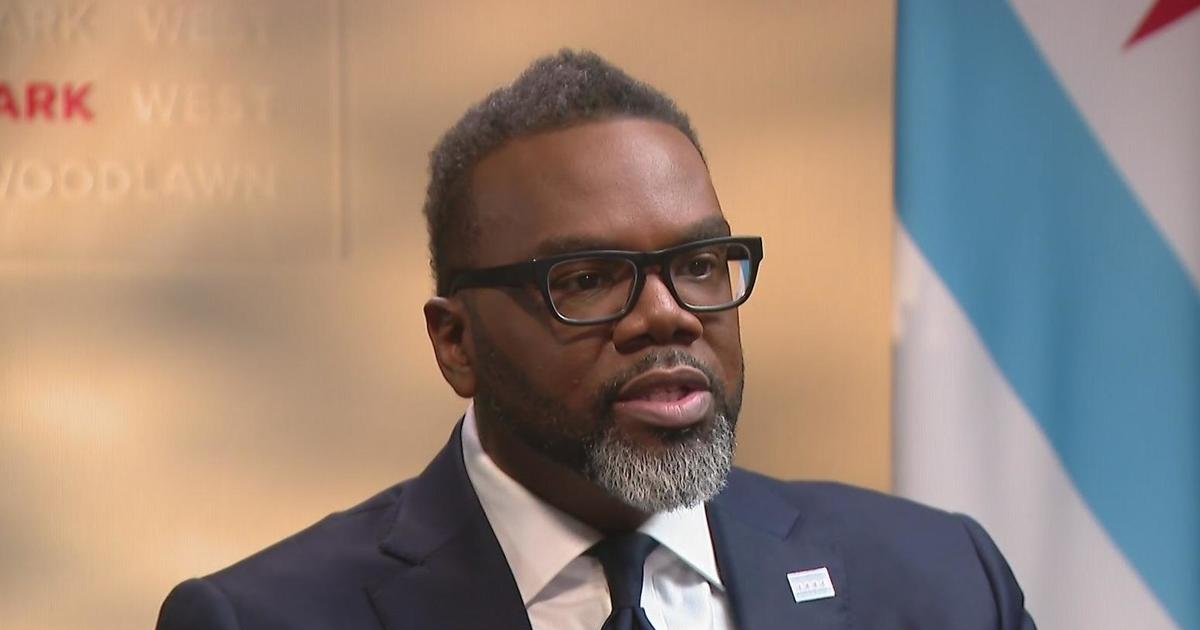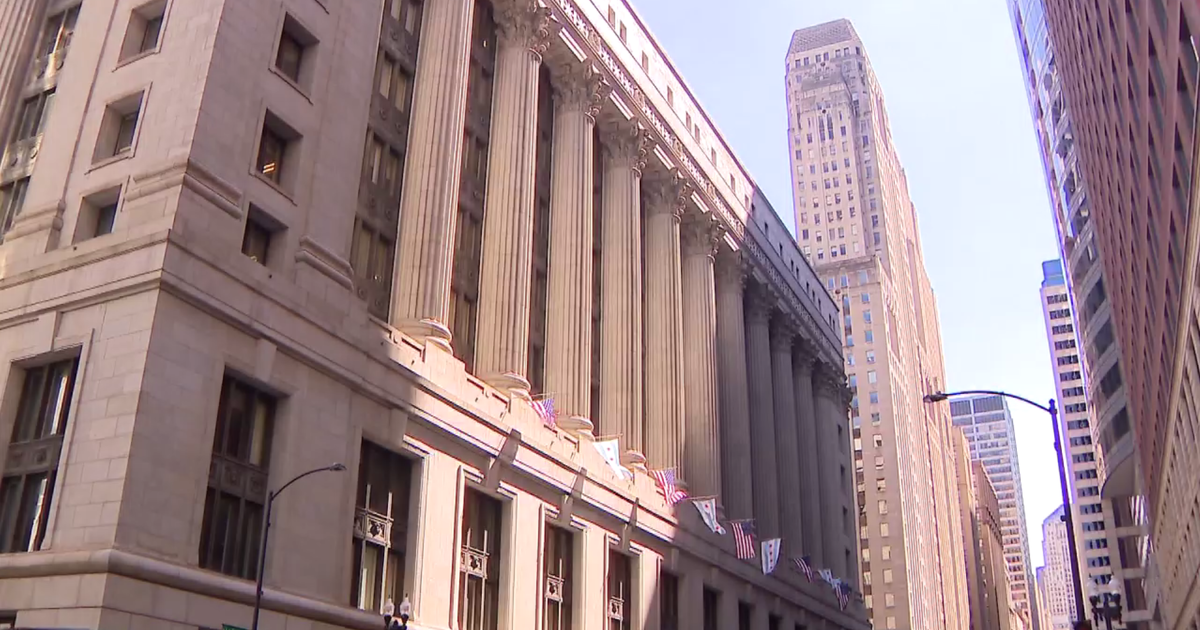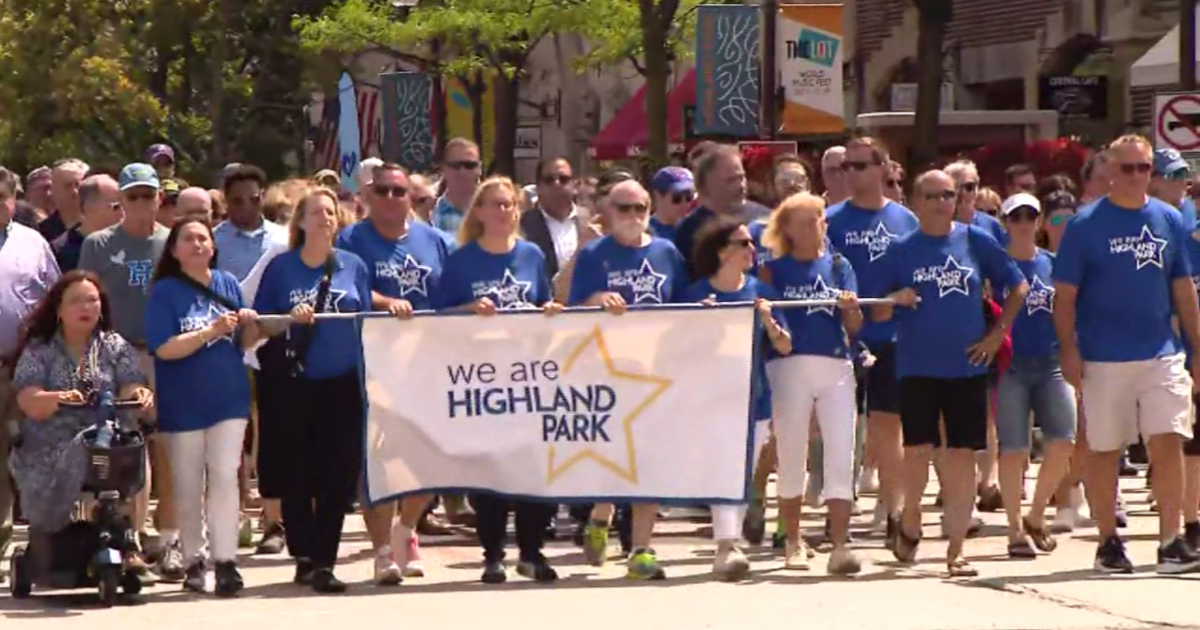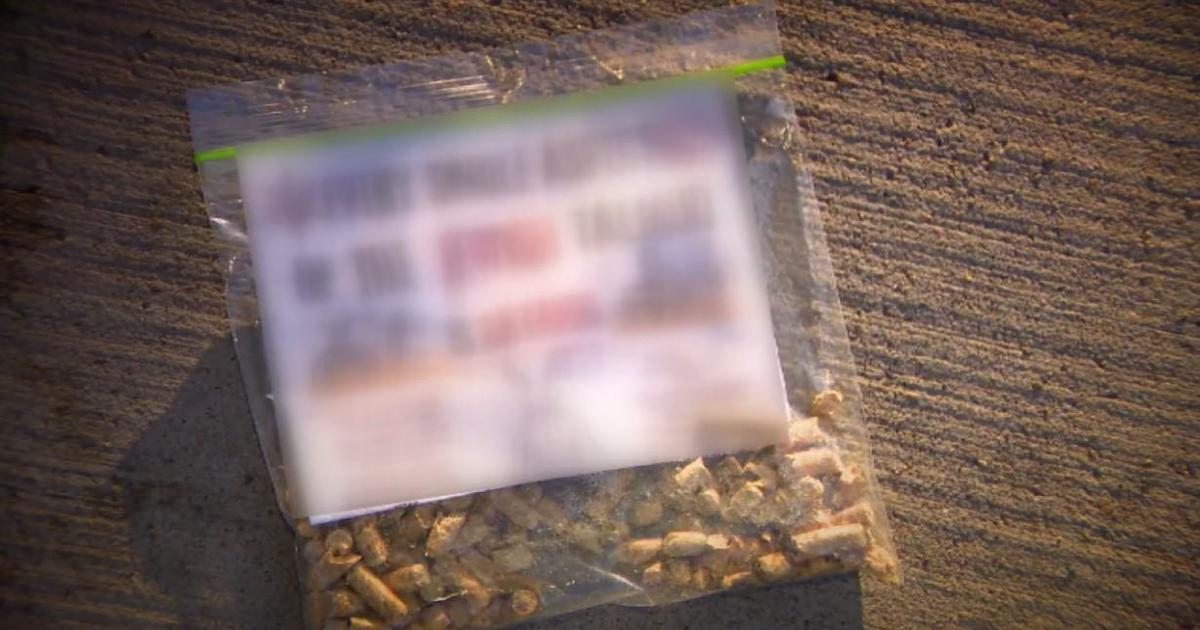Proposed Cigarette Tax Would Give City Highest Rate In Nation
CHICAGO (STMW) -- Mayor Rahm Emanuel wants to raise the cigarette tax by 75 cents a pack — leaving Chicago with a combined state and local tax rate of $7.42 a pack, the highest in the nation, City Hall sources said Friday.
Chicago's cigarette tax has been frozen at 68 cents a pack since 2006, after back-to-back increases of 20 and 32 cents a pack. The state and county each tacked on $1 over the last 18 months.
At $6.67 a pack, Chicago's combined state and local tax rate is second only to New York City's $6.86 a pack. A 75-cent increase would raise the city's tax to $1.43 and the overall tax on a pack of cigarettes purchased in Chicago to a whopping $7.42, 56 cents higher than New York.
That would only lengthen the caravan of smokers driving across state lines to purchase cartons of cigarettes in Wisconsin and Indiana. Already, the city's cigarette tax take has plummeted — from a high of $32.9 million in 2006 after two straight years of tax — to $16.5 million this year.
But Emanuel has crusaded for a nationwide ban on menthol cigarettes, which he calls a "gateway to a lifetime of addiction."
He will undoubtedly join the argument that higher cigarette taxes give smokers an incentive to quit. In the meantime, he will use the $10 million in additional revenue to increase by 50 percent a vision and eye-care program now serving 30,000 Chicago Public School students. The mayor also plans to invest more heavily in after-school and summer jobs programs for at-risk youth.
The Chicago Sun-Times reported earlier this month that Emanuel was exploring the possibility of raising taxes on amusements, cigarettes, liquor and personal property lease transactions to chip away at a $338.7 million shortfall in the 2014 budget he will present to the City Council on Wednesday.
Emanuel responded by taking only three tax increases off the table — property, sales and gasoline.
On Friday, City Hall was still deciding whether to raise a two-tiered amusement tax — 5 percent for mid-size venues and 9 percent for large sporting events — amid fierce opposition from the owners of Chicago's professional sports franchises.
"It's important to either freeze [the amusement tax] or reduce it to incentivize teams to reinvest, instead of trying to kill the goose that lays the golden egg," Blackhawks owner Rocky Wirtz was quoted as telling Crain's Chicago Business this week.
Wirtz, an investor in the company that owns the Sun-Times, could not be reached for comment. In the Crain's interview, he also questioned the city's use of $88.6 million in annual amusement tax revenue.
"There's nothing that I see that the amusement tax is put back into that helps any of the teams. It just suddenly comes right out of the fans' pockets, and it just goes to a large deficit that the city has. I understand the city has a large deficit, but they've taxed us as much as they can tax us," Wirtz said.
No matter what tax increases the mayor proposes in his budget address, they will pale by comparison to what happens next year.
That's when the city is required by state law to make a $600 million contribution to stabilize police and fire pension funds that now have assets to cover just 30.5 and 25 percent of their respective liabilities.
Emanuel wants the Illinois General Assembly to impose annual property tax increases on Chicago homeowners and businesses, but put off the balloon payment for police and fire pensions until 2023 to give the city and its unions time to hammer out employee concessions.
On Friday, the City Council's Progressive Caucus staked out a different position.
In a statement, the eight-member Caucus argued that it would be both "immoral" and damaging to Chicago's economic stability to cut employee pensions because it would leave retirees with less money to maintain their homes and support small businesses.
Instead of supporting Emanuel's plan for employee concessions and annual property tax increases, the Progressive Caucus proposed that a panel of city employees, fund managers and elected officials devise a plan to "dig out of this mess."
The statement made no mention of the commuter tax on suburbanites who work in the city that the Grassroots Collaborative favors and Emanuel has ruled out. It simply said, "This plan must include identifying new sources of revenue that do not rely on the property tax."
The mayor's first budget was balanced with $220 million in taxes, fines and fees, 535 layoffs, three police station closings and the elimination of 1,400 police vacancies.
His second budget cut 275 jobs and held the line on taxes, fines and fees while counting on a combined, $45 million that has been slow to arrive from electronic billboards near expressways and speed cameras near schools and parks.
On Wednesday, speed cameras finally started playing for keeps — by issuing $100 tickets to motorists caught going at least 10 miles over the speed limit.
The potential for a windfall is enormous. In just 40 days, cameras installed at four Chicago parks churned out 204,743 warning notices — and would have generated $12.2 million in fines if they had been churning out tickets at $35 and $100 a pop.
Still, the Emanuel administration hasn't budged from its estimate that speed cameras installed in at least 50 locations will generate $40 million to $60 million in 2014.
(Source: Sun-Times Media Wire © Chicago Sun-Times 2013. All Rights Reserved. This material may not be published, broadcast, rewritten, or redistributed.)



